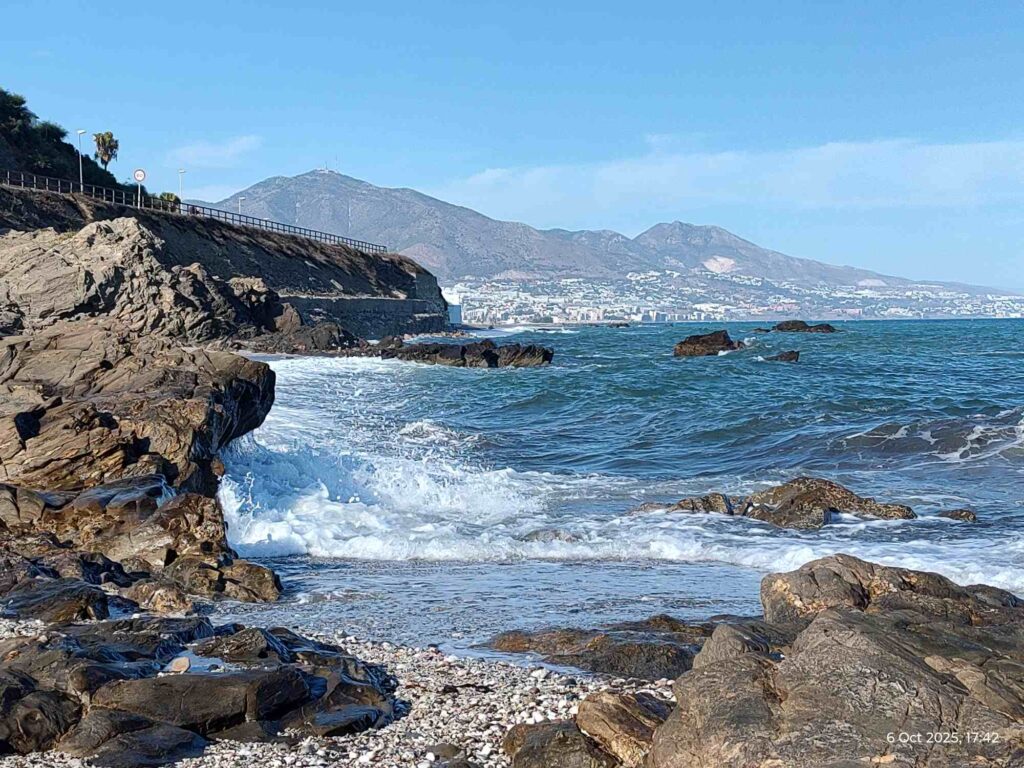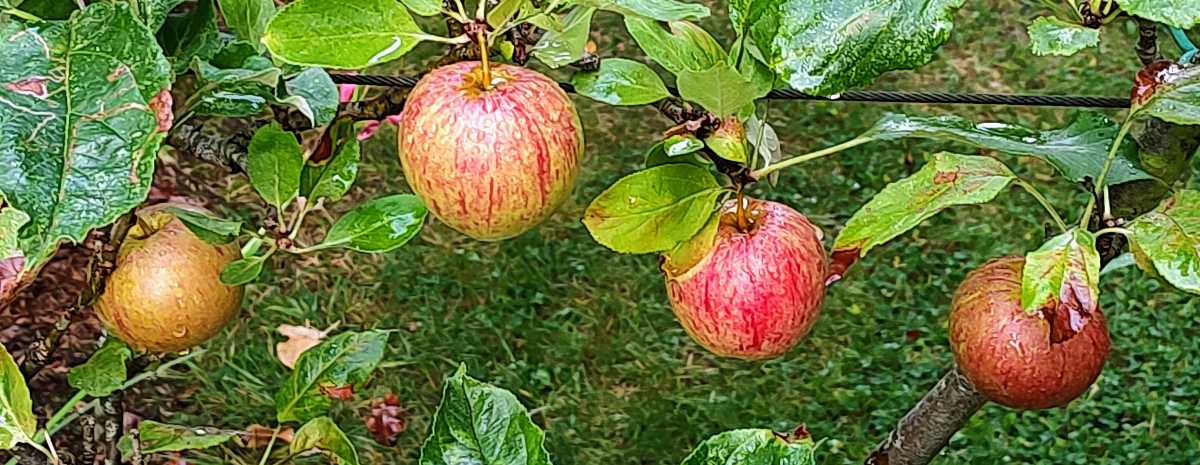
Status II

Wrangling the ones and zeros. Dreaming of the mountains.


It is perhaps a truism that to love is to acknowledge the inevitability of loss. Either by time or circumstances, all that you love will be lost. People will change, depart, die, eventually become dust. Nothing lasts, and we will lose all that we love. But still we love anyway.
This has been on my mind recently, and I was struck by this quote from an author whom I hadn’t encountered before.
“Life will break you. Nobody can protect you from that, and living alone won’t either, for solitude will also break you with its yearning. You have to love. You have to feel. It is the reason you are here on earth. You are here to risk your heart. You are here to be swallowed up. And when it happens that you are broken, or betrayed, or left, or hurt, or death brushes near, let yourself sit by an apple tree and listen to the apples falling all around you in heaps, wasting their sweetness. Tell yourself that you tasted as many as you could.”
— From The Painted Drum by Louise Erdrich1
This morning, as I left for work, there were plump, ripe apples on the tree in the front garden of my house. A reminder not just of the start of autumn here in the northern hemisphere, but also that things of sustaining wonder can persist and recur over your whole life.

And, inevitably, a reminder too that sometimes that which is wonderful does not last — and can be taken from you, and be betrayed and ruined, and become forever lost.
Time is shorter than you remember.
Someone on HN asked: What are some of your favorite memories from Christmas? Many comments were about video games or consoles or first PCs. Here’s what I wrote, lightly expanded and edited.
—
I was born in the late 60s, so none of my earlier childhood Christmas memories involve digital technology. But one that stands out was the year that I got a telescope for Christmas.
I was maybe about ten. It was fairly average, cheap refractor on a wooden tripod. But growing up in an environment where things like that weren’t the norm, I didn’t understand that at the time. This was the era of Viking and Voyager and the Grand Tour, so I was very pleased.
On Christmas day my family, my aunts and uncles and cousins, would all cram themselves into my grandparent’s small council house for Christmas dinner. Then the kids would play with their toys and try not to get stood on by the slighly tipsy adults. There were too many people in too small a space, I realise now, but I have happy memories of those days.
When it got dark, that year, I took my new scope out into my grandparent’s small front garden to look at the moon and to try (unsuccessfully because, as I later realised, it lacked the resolving power) to locate a planet or two. The moon looked coldly beautiful, and I remember seeing craters and features in much more detail than I ever had before. I was hooked.
It was very cold that day, in a way that it doesn’t ever seem to be at Christmas anymore. People wandering past, walking dogs or maybe going to visit friends or to the pub, kept asking me what I was doing. I could hear everyone indoors, talking and laughing. Eventually it started to snow very lightly, so I packed up my gear and stood watching the thin snowfall for a while – drifting over the unlit space above the land drain that their house faced onto – and then went back indoors.
That was more than forty years ago. My grandparents are long dead and their house no longer exists. Many of the other adults who were there then have also died. But I still remember how my universe suddenly got vastly bigger that Christmas day. And I remember the snowflakes drifting down in the dark.
A few years ago I passed that telescope on to a five year old friend. I don’t know what, if anything, she makes of it though. We live in a different age of wonders, with images from the Hubble and James Webb available on any screen. Different times, as it should be.
Merry Christmas everyone.
& I am tired
From It’s 6 am & the Sun Is Out by KB Brookins
of making peace with small
progress being a precursor
for my death
Link, via Erin Watson
“This is what you shall do: Love the earth and sun and the animals, despise riches, give alms to every one that asks, stand up for the stupid and crazy, devote your income and labor to others, hate tyrants, argue not concerning God, have patience and indulgence toward the people, take off your hat to nothing known or unknown or to any man or number of men, go freely with powerful uneducated persons and with the young and with the mothers of families, read these leaves in the open air every season of every year of your life, re-examine all you have been told at school or church or in any book, dismiss whatever insults your own soul, and your very flesh shall be a great poem and have the richest fluency not only in its words but in the silent lines of its lips and face and between the lashes of your eyes and in every motion and joint of your body.”
Walt Whitman, preface to Leaves of Grass, via Maria Popova
Happy new year. Maybe, just maybe, although I can’t see how, 2024 might just be better less bad than the one ending. We’re all going to have to try pretty hard though.
Time to burn the dying year down and start again.
Wordle 917 1/6
🟩🟩🟩🟩🟩
After 670 games played, my first 1/6.
Me to eldest child: Good luck with that physics exam today. (Joking) Remember – everything reduces down to the Schrödinger equation in the end, so that’s really all you need to know anyway.
Child: Would that be the time-independent version, or the time-dependent one?
Me: Err…
Child: Relativistic or non-relativistic formulation?
Me: Just do well in the exam, please.
Today I pulled a poetry anthology from the bookshelf, titled Emergency Kit: Poems for Strange Times.

I was amused to discover that it was published in 1996. Those people back then knew nothing about strange. Nothing.
A couple of years ago, in response to a challenge from one of my children, I wrote a poem. It’s not a good poem, and even a Vogon would be embarrassed by it. But nevertheless, a poem it is. A while back I found it tucked inside a book and, since there is unlikely to be a follow-up, immediately thought I should expose myself to ridicule by posting it here. It’s really bad.

For those who can’t read my writing:
Plato, in the cave,
Watches the firelight shadows dance.
And dreams of Wittgenstein
In the trenches
Lit by flickering phosphorus flares.
Neither of us know what any of this means,
Do we?
No, he says, but at least
We tried
See?